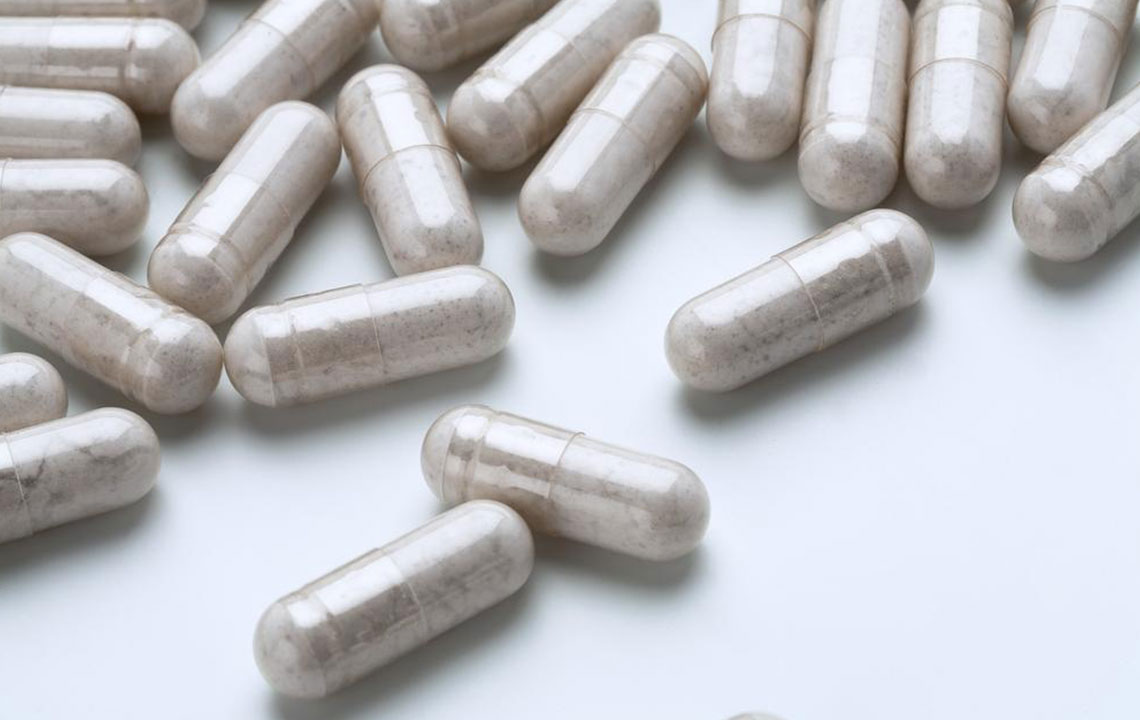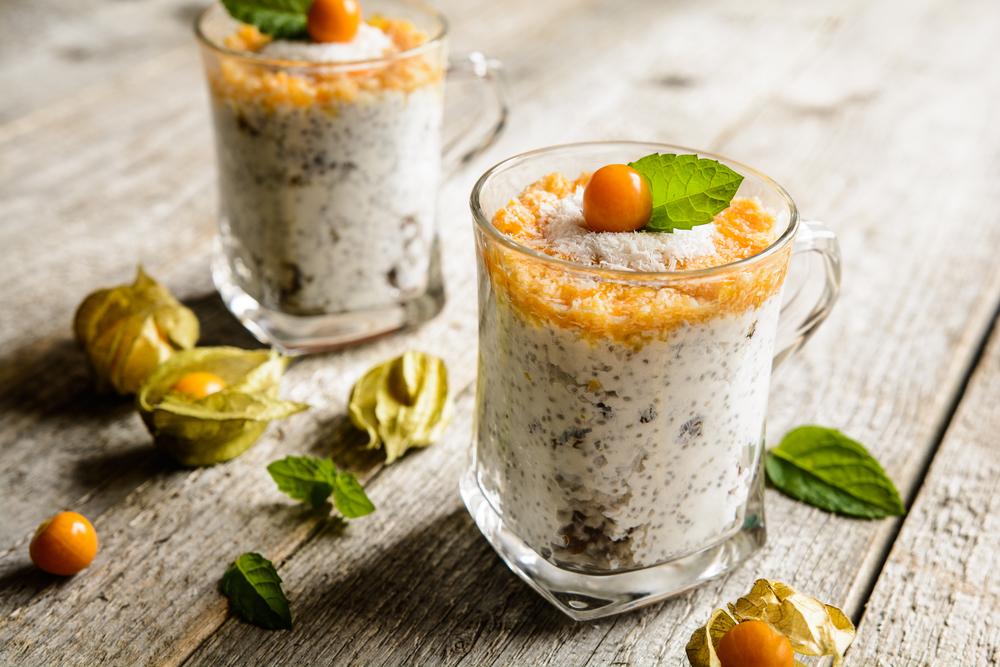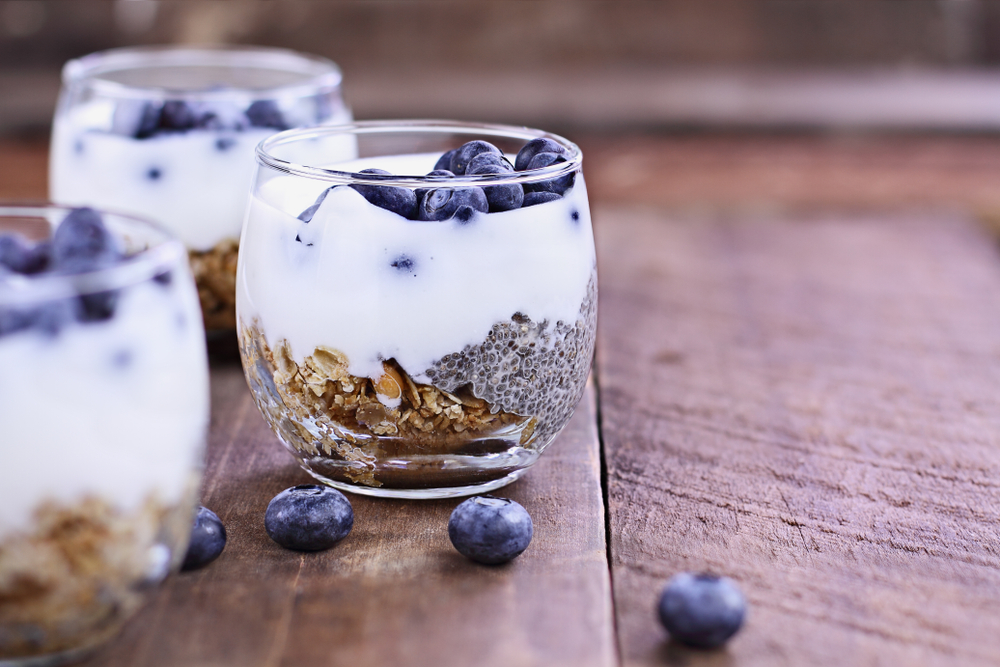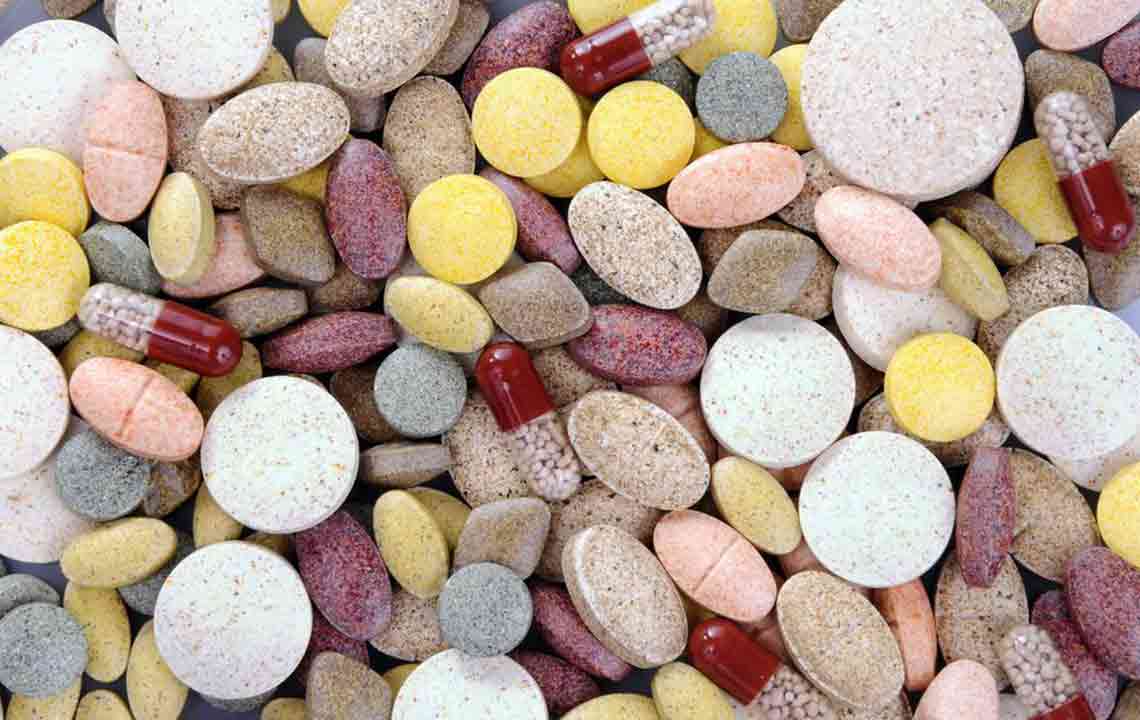Understanding Probiotics: Benefits and Usage Tips
Probiotics are live beneficial bacteria that support gut health and overall well-being. Widely studied since the 1990s, they help treat digestive disorders, strengthen immunity, and improve skin and oral health. Available in foods and supplements, choosing reputable products with high bacterial counts and diverse strains is crucial. Their global popularity continues to grow, revolutionizing health practices worldwide.
Sponsored

Probiotics are beneficial microorganisms that have gained recognition for their positive impact on human health. Often misunderstood, these live bacteria and yeasts support digestion and gut health. Unlike harmful bacteria, probiotics help maintain a balanced intestinal environment by increasing beneficial bacteria levels. They naturally occur in the body and are also present in various foods and supplements.
Since the 1990s, research on probiotics has advanced significantly, revealing their role in managing digestive issues. While scientists continue to explore their exact mechanisms, it's known that probiotics help restore gut flora and support overall health.
Types of probiotics
Lactobacillus: Found in fermented foods and yogurt, aiding diarrhea treatment and lactose intolerance.
Bifidobacterium: Present in dairy products, helping reduce irritable bowel syndrome symptoms.
Probiotics benefit the digestive system by promoting food movement through the gut and managing conditions like inflammatory bowel disease, infectious diarrhea, and antibiotic-associated diarrhea. Additionally, they may support skin health, prevent allergies, and improve oral health.
As food and supplements containing probiotics are classified as food products, safety is generally presumed, though individuals with immune disorders should consult healthcare professionals before use. Mild side effects such as gas, diarrhea, or allergic reactions can occur.
Incorporating probiotic-rich foods like apple cider vinegar, fermented vegetables, yogurt, goat milk, and raw cheese can boost gut health. When choosing supplements, opt for reputable brands, high CFU counts (15-100 billion), multiple strains (10-30), and strains with high survivability like Bacillus coagulans.
Global probiotic consumption has surged over the past decade, with a 35% increase from 2010 to 2014, reaching over $31 billion in sales. Awareness is particularly high in Eastern Europe, Asia-Pacific, and Latin America, reflecting probiotics' transformative role in healthcare.






